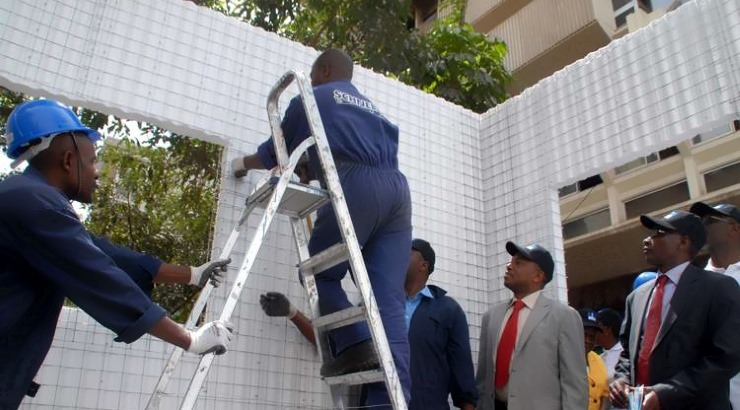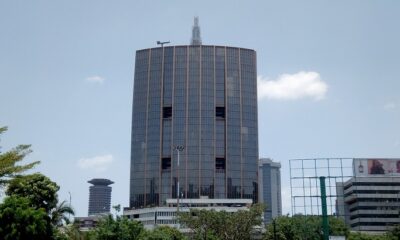Company News
NHC unveils Sh700m prefabs factory in Mavoko
The factory has a capacity to produce 126,720 expanded polystyrene panels (EPS) panels a year.

The National Housing Corporation’s (NHC) prefabricated houses factory in Mavoko, near Nairobi, is proving a game changer for the Kenyan housing sector thanks to its ability to slash construction costs by nearly half.
The Sh700 million plant that began operations in 2012 has a capacity to produce 126,720 expanded polystyrene panels (EPS) panels a year.
The panels are made of polystyrene (the white, flimsy material used in the packaging of electronic goods) and are considered favourable as construction materials in terms of cost and safety.
A single panel, which measures 1.5m x 3.0m costs Sh5,000 at the factory, translating to a cost of Sh1,111 per square metre +transport charges+ cost of concrete plasterwork.
Andrew Saisi, the general manager of the NHC factory says that EPS panels deliver stronger buildings compared to those built with conventional stones and bricks while lowering construction costs by up to 30 per cent.
“In a traditional house, steel columns provide support at the corners only. But with EPS, the mesh of steel and concrete provide reinforcement throughout the building,” he said.
A standard two-bedroom house build using EPS panels is estimated to cost about Sh700, 000 before finishing, which is nearly half the cost when using stones and bricks.
READ: Big boost for affordable housing in Kenya
Polystyrene, according to Mr Saisi, is 90 per cent air meaning it is very light and also gives outstanding thermal insulation since air is a poor conductor of heat.
Prefabrication also reduces the time taken to build a house since the structures of a building are usually manufactured in a factory in standard sizes that are then shipped and assembled on-site.
Players in the local housing sector have welcomed the technology saying it is the only way to counter the current housing shortage.
Statistics show that the housing supply in the country stands at 40,000 units a year against an annual demand of at least 200,000 units – leaving an annual deficit of 160,000 housing units.












